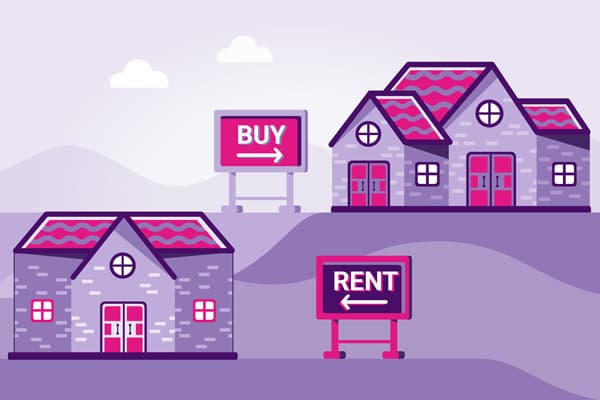Is It Really Best to Buy Instead of Renting?
Most people looking to move out from their family home will be told that buying is the better option to renting. But is this always the case?

Most people looking to move out from their family home will be told that buying is the better option to renting. But is this always the case?

Compare moving quotes in 4 simple steps